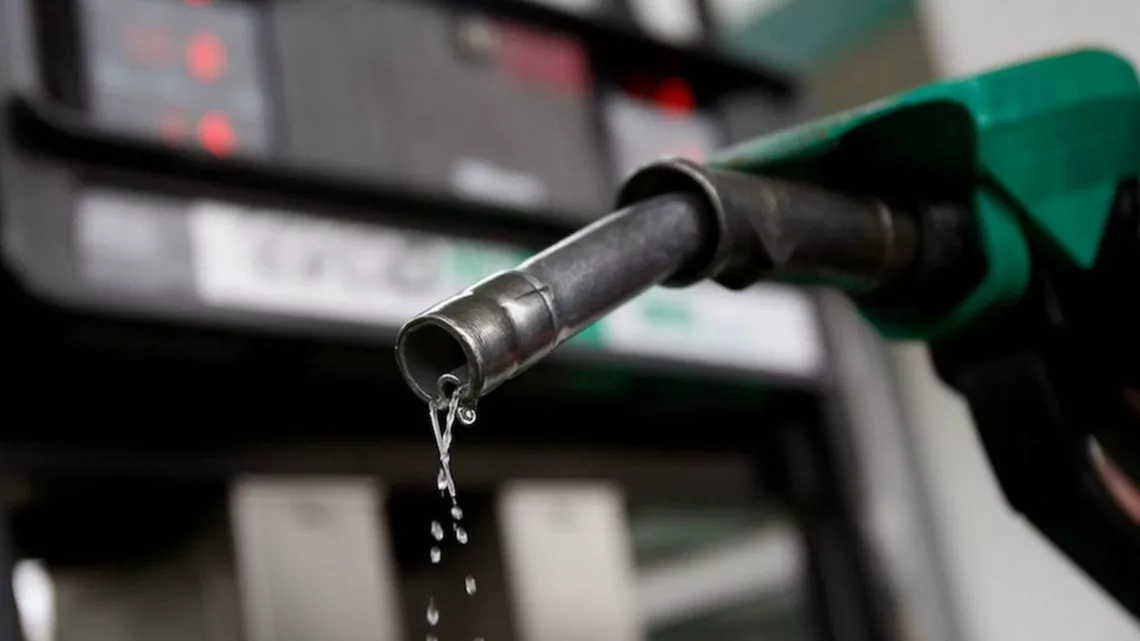In the labyrinth of economic policymaking, one contentious issue that continually grapples with the conscience of Nigerian authorities is the taxation of imported petroleum products. As the nation strives to bolster its revenue streams, the imposition of taxes on such essential commodities is a double-edged sword, necessitating a delicate equilibrium between fiscal responsibility and the economic welfare of its citizens.
The rationale behind taxing imported petroleum products is ostensibly rooted in the urgent need to augment government revenue, especially in a country where the reliance on oil exports has historically dominated the fiscal landscape. However, the ramifications of such a strategy are far-reaching, impacting not only the government’s coffers but also the everyday lives of Nigerians.
The immediate consequence of taxing imported petroleum products is the palpable escalation in the cost of living for the average citizen. Petroleum, being a linchpin of the Nigerian economy, has a cascading effect on various sectors. The increase in fuel prices reverberates through transportation costs, affecting the prices of goods and services across the board. This inflationary pressure places an undue burden on the already strained pockets of Nigerian consumers, contributing to a cycle of economic hardship.
Furthermore, the ramifications extend beyond the individual consumer. Small and medium-sized enterprises, which form the backbone of the Nigerian economy, bear the brunt of increased operational costs. From transportation to manufacturing, businesses are forced to recalibrate their pricing models, often resulting in decreased competitiveness and, in some cases, closures. The very entities that drive employment and economic vitality find themselves navigating stormy waters when petroleum taxes cast their looming shadows.
However, it is crucial to acknowledge the government’s perspective. With the ever-present need for revenue diversification, taxation of imported petroleum products appears as a tempting recourse. Yet, the question arises: at what cost? The government must grapple with the ethical and economic implications of placing a heavier burden on its citizens, especially when the economy is already grappling with various challenges.
A potential solution lies in a more nuanced and holistic approach to fiscal policy. While the government undoubtedly needs to bolster its revenue streams, alternative strategies such as reducing dependence on oil revenue, improving tax administration, and exploring innovative revenue-generation avenues could be explored. Additionally, investing in renewable energy sources and domestic refining capacities might offer a sustainable path forward, reducing reliance on imports and mitigating the adverse effects of taxing petroleum products.
The cost of taxing imported petroleum products into Nigeria is not merely financial but extends into the fabric of the nation’s socioeconomic well-being. Striking a balance between fiscal responsibility and the welfare of the citizens is a formidable task, demanding thoughtful deliberation and a comprehensive strategy. It is imperative that the government carefully assesses the long-term implications of its fiscal decisions, ensuring that the pursuit of revenue does not inadvertently sow the seeds of economic hardship for its people. In navigating these complexities, a judicious and forward-thinking approach becomes paramount for the sustainable growth and prosperity of Nigeria.





